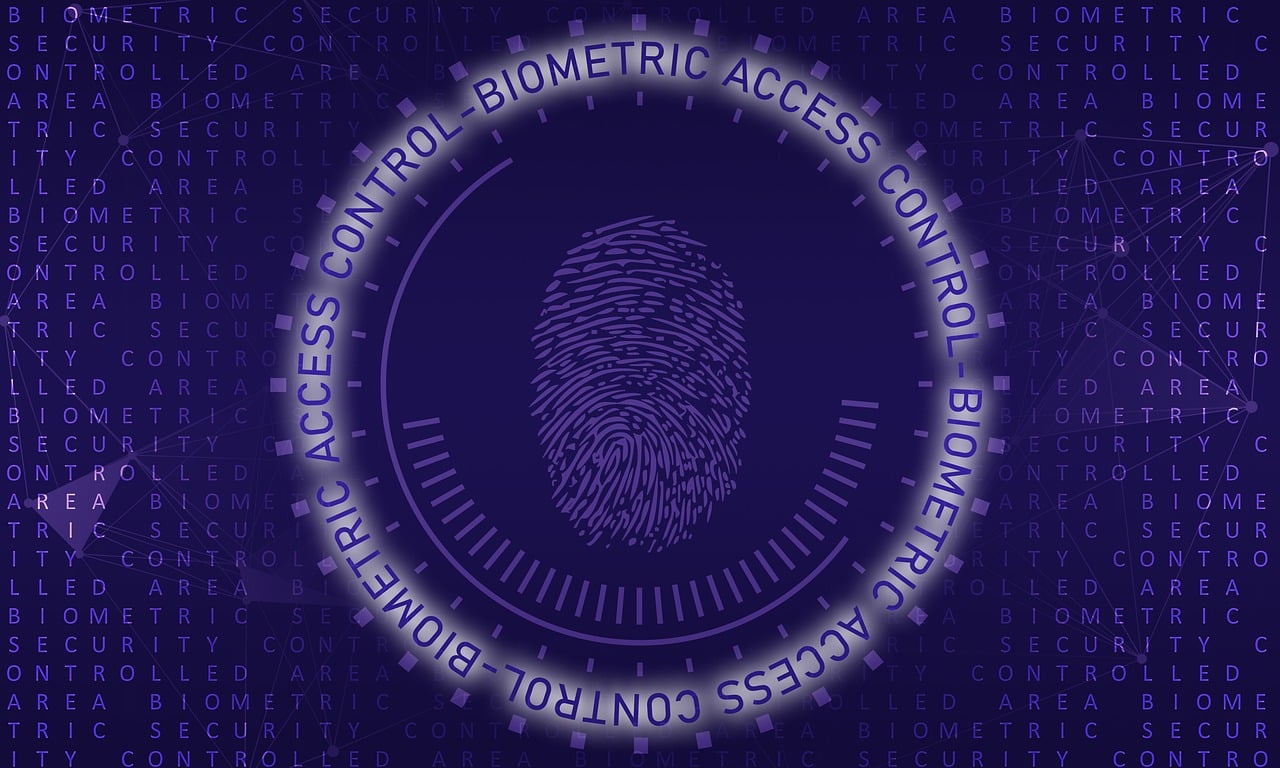Digital Identity: Age Verification as a Trojan Horse for Total Surveillance?
The rollout of the EU Digital Identity Wallet (EUDIW) is underway – led by Deutsche Telekom and the Swedish company Scytáles. Officially, the new technology is for secure age verification online, but critics see it as a first step towards total digital surveillance.
Age Verification as an Excuse?
The EU is requiring all member states to introduce digital identity wallets by 2026. These wallets will allow citizens to securely store their official documents and identification data – directly on their smartphones. The aim is to enable simple and secure age verification, for example when purchasing alcohol, accessing content protected by minors or using other online services.
But what sounds like a harmless feature could open the door to total surveillance. The introduction of digital identity is not limited to simple age verification. Rather, it is the first step towards a much more extensive digital record of all citizens.
The creeping introduction of digital control
Today it is a convenient solution for proving age – tomorrow it could be a connection to bank accounts, healthcare, social security and even law enforcement. Digital identity is already being tested in Germany for customers of the AOK and Barmer health insurance companies, and other applications will follow.
What will happen if the use of EUDIW becomes mandatory? Could citizens be excluded from public life in the future if they do not use this technology? Will identity verification soon be a condition for accessing social networks or the internet in general?
The perfect tracking device
A digital identity wallet means that every interaction on the network can be centrally recorded and controlled. Anonymity on the internet could soon be history – every purchase, every registration, every piece of information you access online can be linked to your own digital identity.
While telecoms executive Ferri Abolhassan talks about “digital sovereignty,” the exact opposite is being created: a reliance on a central digital identity that can be gradually expanded to include complete surveillance.
A Dangerous Path
What starts as a handy tool for proving age could become an indispensable digital citizen record in a few years. Anyone who doesn’t play by the rules could soon find themselves excluded from digital and social life.
The question is no longer whether digital identity will come, but how far it will spread. Once established, governments and corporations could introduce new mandatory features at any time – without the possibility of objection.
Today it’s age verification. And tomorrow?
Image: Pixabay.com




